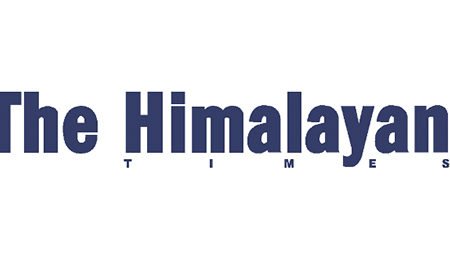EDITORIAL: NAC on a prayer
The NAC cannot be relying on the government for largesse to pay up its debt while the management does little to improve its efficiency
Prime Minister KP Sharma Oli was right to question the Nepal Airlines Corporation (NAC) management at its 61st anniversary function on Monday why foreign airlines were making money in Nepal’s sky while it looked up to the government to bail it out time and again. PM Oli, who also looks after the tourism portfolio, is annoyed that while private and foreign airlines are taking advantage of Nepal’s sky, NAC’s planes – both small and big – are grounded, causing colossal loss to the airline. The NAC sits on a whopping debt of Rs 37 billion, whose annual installment payment to its creditors alone amounts to Rs 4.5 billion. But due to its inefficiency and lack of a business plan, the corporation, for the first time, has defaulted on its quarterly payments and made it known that it will continue to do so until the government intervenes, which Oli’s government is in no mood to oblige. The loans were taken from the Employees Provident Fund and Citizens Investment Trust to purchase four Airbuses – two narrow-body A320s and two wide-body A330s.
Once known for its excellent service, NAC has over the decades since 1990, when multi-party democracy was ushered into the country, lost all credibility. Until the 1990s, Nepal Airlines (formerly Royal Nepal Airlines) was flying with its narrow-body Boeing 757s to destinations as far as London, Paris and Frankfurt in Europe and Osaka and Shanghai in the Far East. Today the number of destinations has shrunk to just eight cities in six countries in Asia and the Middle East. NAC’s financial condition has especially taken a downturn with the purchase of two wide-body aircraft last year that remain underutilised even after a year due to lack of longhaul routes. The European Union has barred Nepali airlines from flying in its sky due to safety concerns. NAC’s jets were to start direct services to Osaka in Japan from July 4, but due to extremely poor ticket sales, the flights have now been postponed till August 29. NAC’s preference for Osaka over Tokyo, which was originally planned, has also drawn a lot of flak as Japan’s capital would have generated more passengers.
NAC, no doubt, sits on a pile of problems. But are they solely of NAC’s making or did government intervention again and again milk it dry? Since all the major political parties have been in the government in the last three decades, including those that constitute the present government, they should also own responsibility for the mess that NAC is in. Perhaps, the parties should explain why it took the airline almost 28 years to induct a new narrow-body aircraft. It would be unwise to keep brooding over NAC’s past, so the government and NAC management must think of how best to improve upon the bleak situation. PM Oli has warned that the government would be forced to take stern action should the current management at NAC fail to improve its efficiency. The NAC badly needs a shake-up, and the government should act swiftly and decisively towards this end. The NAC cannot be relying on the government for largesse to pay up its debt while the management does little to improve its efficiency.
Electric buses
Province 3 and two metropolises in the Kathmandu Valley – Kathmandu and Lalitpur – have reached a deal with Sajha Yatayat to operate electric buses in the Valley. As per the tripartite deal, the Province-3 government has agreed to provide Rs 300 million, and Kathmandu and Lalitpur Rs 100 and Rs 25 million, respectively, to Sajha Yatayat, a cooperative, which will also chip in Rs 25 million in the much-touted joint venture. Both the metropolises will also have a share each in the cooperative, which is all set to spend Rs 450 million to purchase 30 electric buses. The move taken by them is praiseworthy as their services in the Valley will immensely help in reducing air pollution and make public transportation easy and hassle-free. Moreover, the electric buses will use the electricity produced within the country. Nepal will be generating enough electricity from next year, and the surplus energy that we will have can be best utilised in the transportation sector. The only thing that we need to do is build charging stations at convenient places so that electric buses can charge their batteries easily. For this, Nepal Electricity Authority must work out a solid plan to set up the charging stations.






